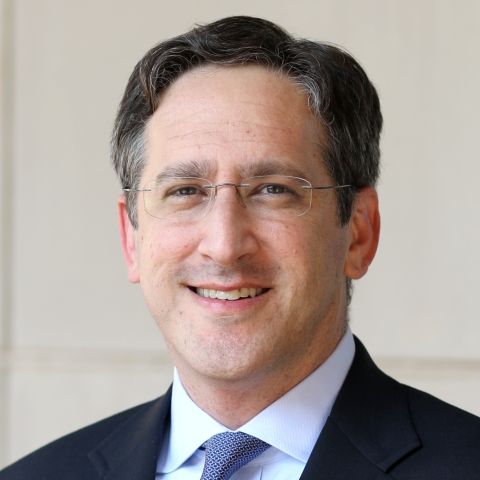
The idea that religion warrants special treatment has been criticized as violating norms of equality and fairness. In response, Andrew Koppelman has argued recently that the American legal tradition of treating religion as a “good thing” is justified on the grounds that when interpreted at a sufficiently high level of abstraction, religion serves as an indispensable legal proxy for a plurality of important goods. In this essay, I argue that using religion as a legal proxy remains vulnerable to charges of unfairness toward those with secular ethical and moral convictions. The case for adopting religion as a proxy turns on arguments against potential substitutes. Even if no category can serve as a complete substitute for religion, however, its use as a proxy can be complemented by protections for the freedom of conscience. The law need not choose between protecting religious and secular convictions. It can and should provide significant protections for both.